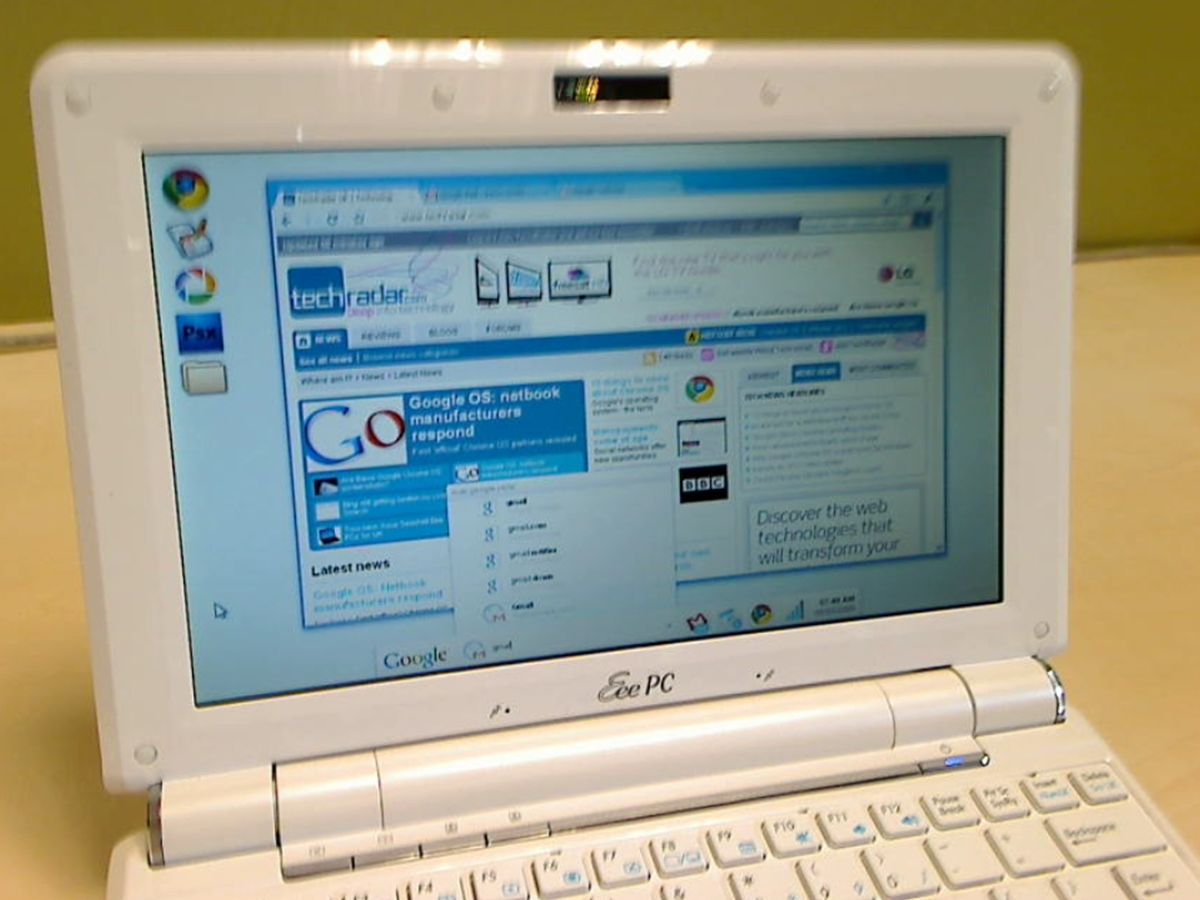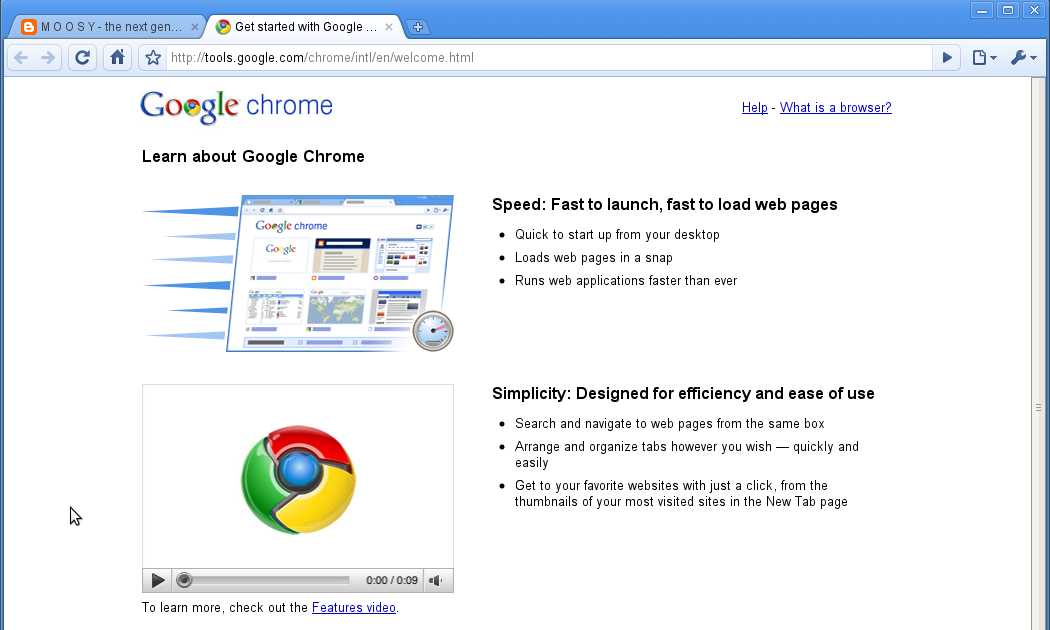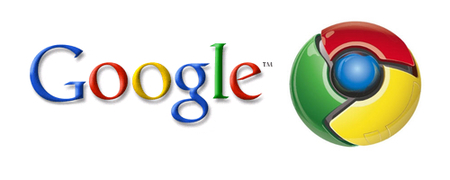


The user interface is minimal to stay out of your way, and most of the user experience takes place on the web. We're designing the OS to be fast and lightweight, to start up and get you onto the web in a few seconds. Google's Sundar Pichai and Linus Upson explain the intent of Chrome OS in a blog post: Speed, simplicity and security are the key aspects of Google Chrome OS. At least, not applications of the traditional kind.The same day it took the "beta" tag off of Gmail, the company has announced its intention to bring a whole operating system of its own to market.ĭubbed Chrome OS, the platform will differs from Google's Android mobile operating system, because it's designed to run on everything from netbooks to full-fledged desktop systems. Like the inaugural iPhone, Chrome OS will not run third-party applications. And those will all be part of the specified reference hardware."Ĭome to think of it, there's a fair amount of the Apple in its software approach as well. We care about the resolutions people get on these displays. "We're going to be working with our key partners very hard to make sure you see lightly larger netbooks, essentially netbooks that can accommodate a full-sized keyboard and a much more comfortable touchpad.

We really care about the end user experience," Pichai said. "While netbooks today are very popular, we do understand there some usability issues out there.

Yes, Google is working with third-party manufacturers - it's not building the thing on its own - but there's still a fair amount of the Apple in its approach to hardware. It's designed to run on both x86- and ARM-based netbooks. Google is working with Acer, Asus, Freescale, Hewlett-Packard, Lenovo, Qualcomm, Texas Instruments, and Toshiba on commercial devices. Now we know why Dell's name is missing from the list of twelve Google hardware partners.


 0 kommentar(er)
0 kommentar(er)
